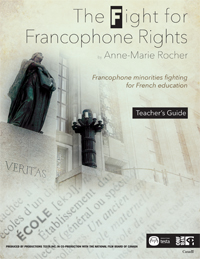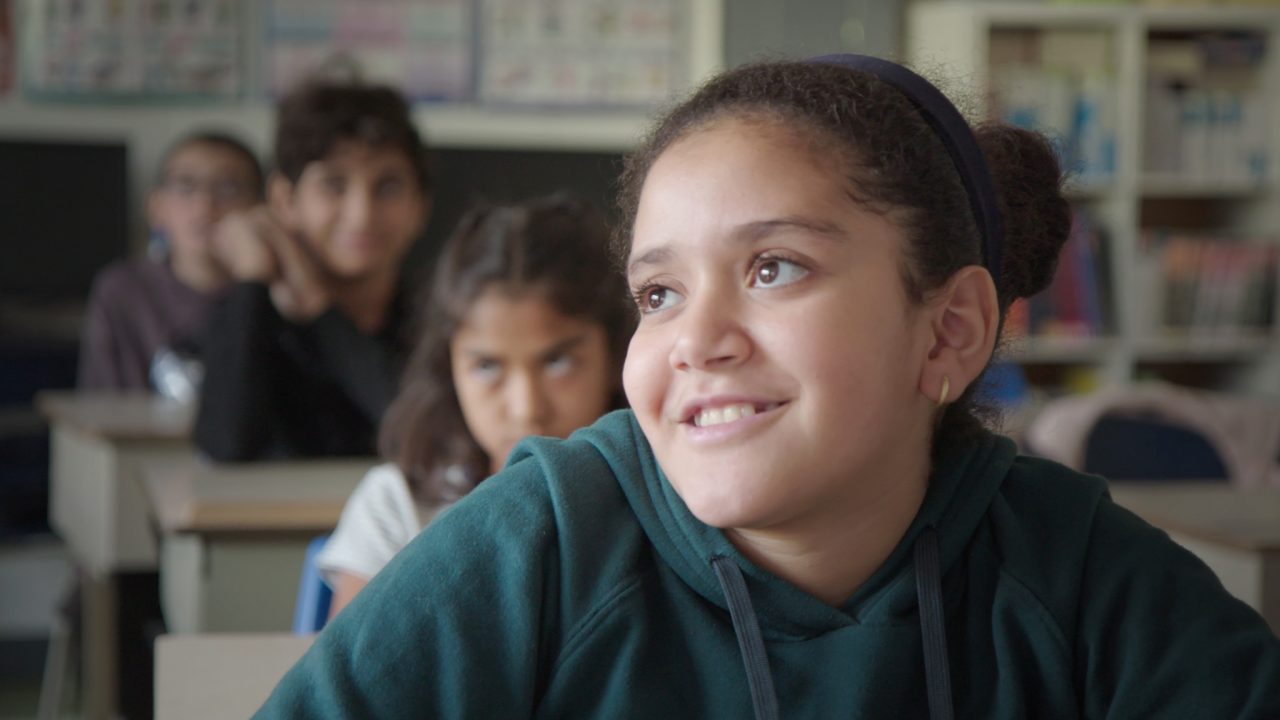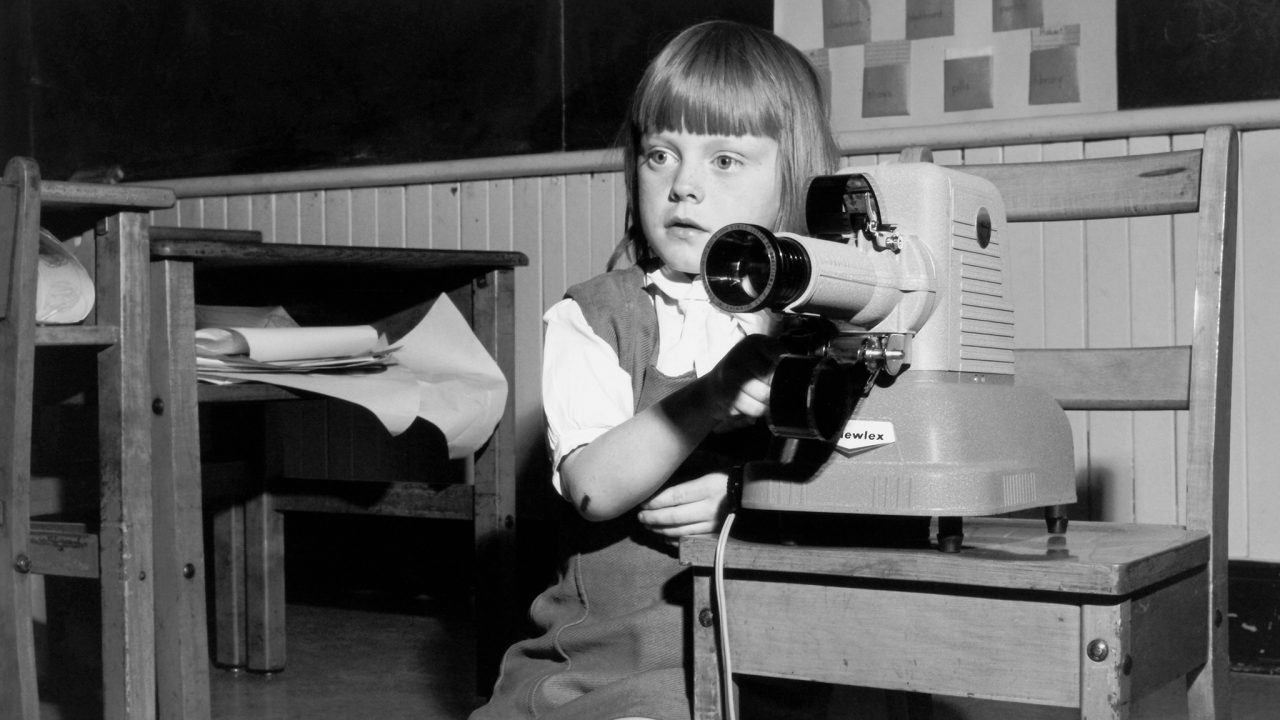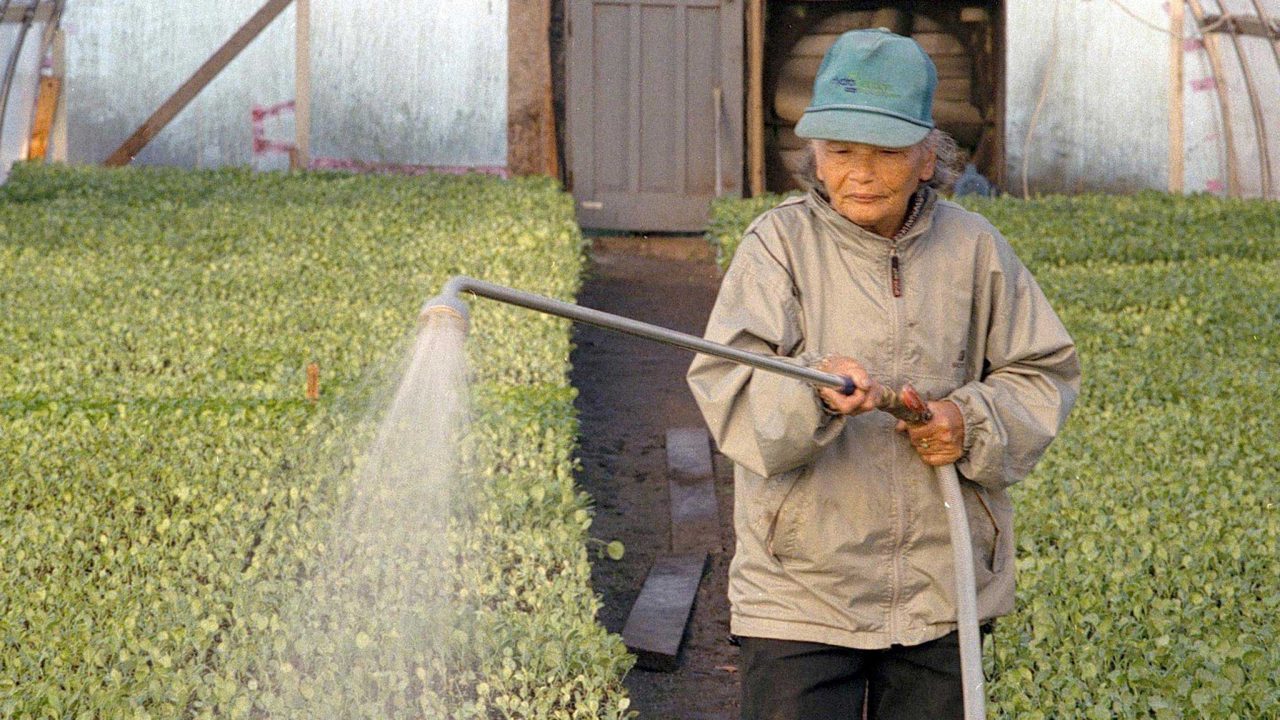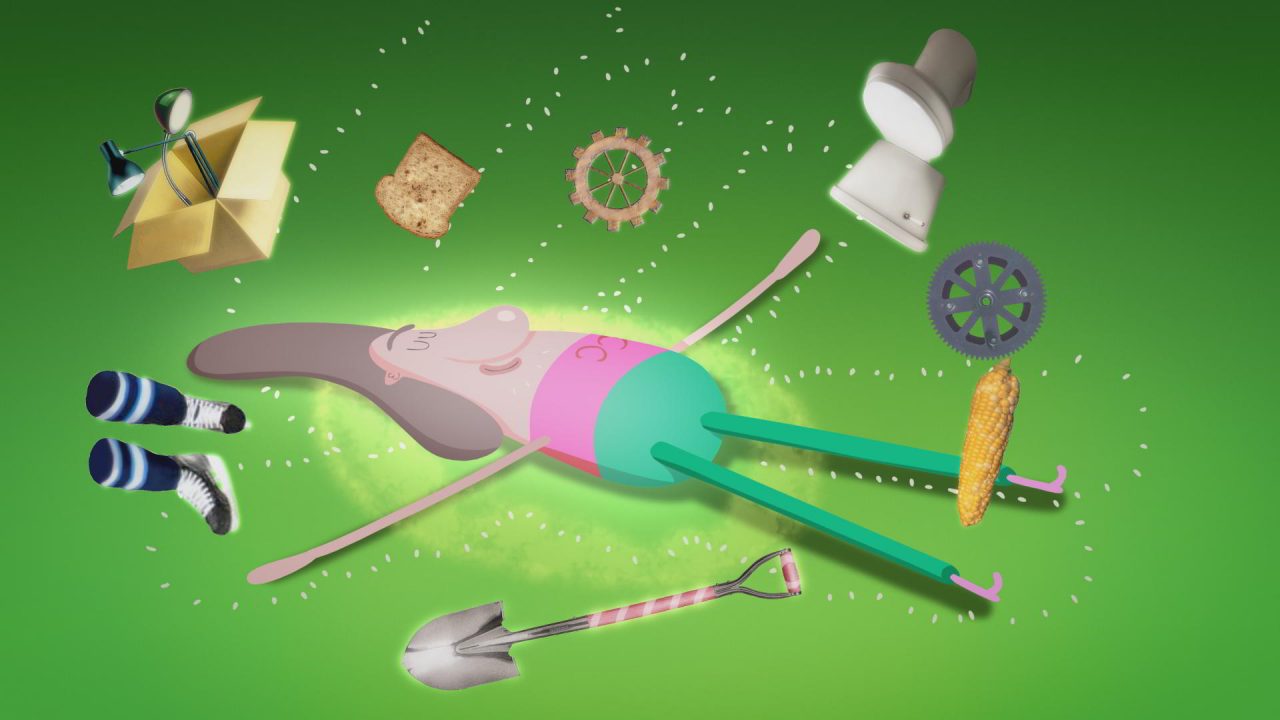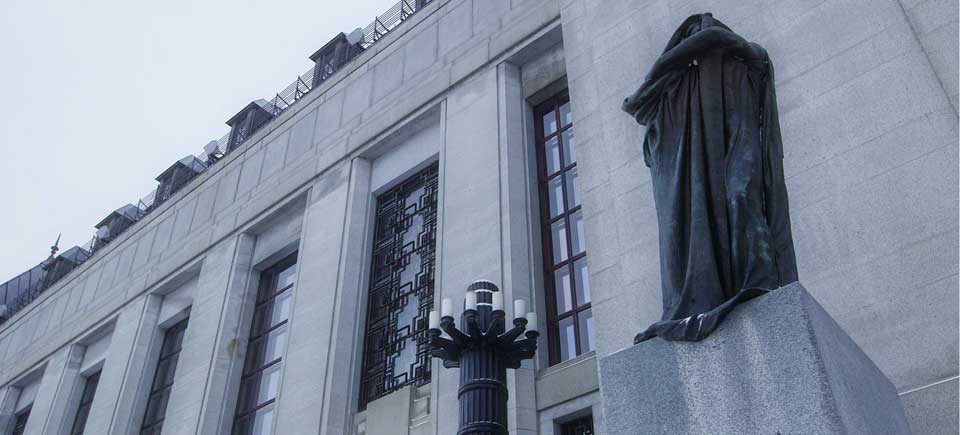
Telling the Story of the Fight for Linguistic Rights
Telling the Story of the Fight for Linguistic Rights
Linguistic rights and francophone minorities
Access to French-language education in the parts of Canada where French is a minority language is the result of long battles—some ongoing to this day. The series The Fight for Francophone Rights and its accompanying educator’s guide offer an invaluable resource for current and future generations to understand these battles and the issues they raise. Experts who have lived through the events depicted in the series very clearly explain minority language rights.
The Fight for Francophone Rights – Part One – Winning the Case, Anne-Marie Rocher, provided by the National Film Board of Canada
The 3-parts series is available for immediate viewing by CAMPUS subscribers. You may already have a subscription to CAMPUS through your school. Go here to find out.
Section 23 of the Charter of Rights and Freedoms lies at the heart of the efforts by francophone communities across the country to demand the services to which they are entitled. Through sometimes emotionally laden stories, the series allows viewers to truly appreciate the importance of language to our collective identity.
The Fight for Francophone Rights – Part Two – Our Rights, Our Fights, Anne-Marie Rocher, provided by the National Film Board of Canada
A cross-country overview
The episodes in The Fight for Francophone Rights explore the efforts of minority francophone communities across Canada to secure education in their language since the adoption of the Charter. From the recognition of the principle enshrined in section 23 to the nuts and bolts of how it has been applied in the context of French education, the series offers an overview of the legal aspects, but also the very human—and often emotional—stories behind the efforts to have these rights enforced.
The saga begins with the famed Mahé case in Alberta, and then moves to Nova Scotia. The current situations in Saskatchewan, Yukon, the Northwest Territories and British Columbia follow, demonstrating the challenges that remain even after initial victories.
The Fight for Francophone Rights – Part Three – Setbacks and Justice, Anne-Marie Rocher, provided by the National Film Board of Canada
Solid educational supports
The hour-long episodes include two segments, each of which presents a situation related to minority language educational rights. For each segment, the guide offers a summary that allows teachers to quickly grasp the issues at stake. The segment summaries in the guide point to key moments, allowing for more efficient use of screening time and stimulating discussion, while areas for exploration support activities related to the segments. Finally, enrichment activities establish a link between the content and the daily lives of students.
Webography for further exploration
Each segment is accompanied by a webography that encourages students to consult primary sources related to the episode. These links offer a tangible connection to the cases and give students a chance to explore the original documents themselves.
This post was written by Ronald Boudreau. Ronald Boudreau is first and foremost a teacher. An Acadian from New Brunswick, his career has taken him to Nova Scotia and Ontario, where he has held a variety of positions within ministries of education, school boards, and—most recently—at a national organization devoted to education. He is an active member of a number of national groups with a particular interest in the challenge of making French-language education accessible and stimulating to young people: those who will ensure the vitality and health of the language for future generations.
